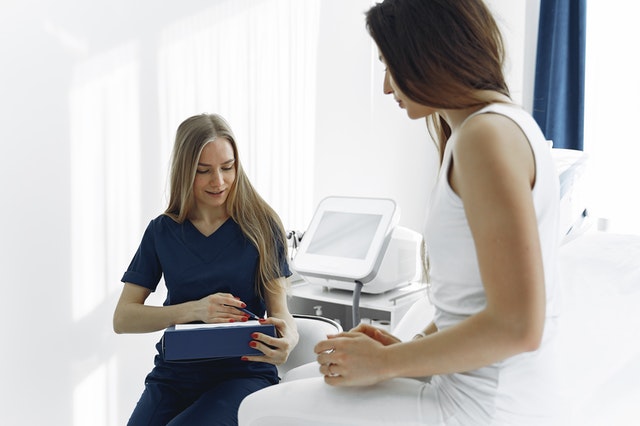Postural orthostatic tachycardia syndrome, known as POTS for short, is a medical condition that is described as having reduced blood volume. This circulation issue happens when a person stands up from a reclining position. By understanding the type of POTS you’re suffering from, you can find a treatment that best fits your condition.

Neuropathic POTS
Neuropathic POTS deals with a problem with the nerves of the body. In the lower limbs, sympathetic nerves are present. These nerves are to tighten up the blood vessels and squeeze blood to the upper body when you stand. However, when the sympathetic nerves aren’t functioning properly and lack bringing blood back up to the upper body, it results in neuropathic POTS. Many patients suffering from this condition will experience lightheadedness when they stand up from a sitting position.
Hyperadrenergic POTS
As neuropathic deals with problems in the nervous system, hyperadrenergic deals with problems of high adrenaline. Patients suffering from this condition have an excess of nor-adrenaline, a natural stimulant, in their bodies. This results in a higher heart rate and lower blood pressure when they stand. The POTS syndrome treatment for this condition is intended to treat the influx of nor-adrenaline in the body. These patients can experience a large tremor, anxiety, migraines, sweaty extremities, and increased urination.
Secondary POTS
In this condition, the patient is suffering from another underlying condition that triggers POTS. The underlying condition usually damages the nerves that distribute blood throughout the body. Diabetes, alcoholism, chemotherapy, and lupus are all conditions that can cause secondary POTS. Those who experience secondary POTS can have varying symptoms. These include fatigue, dizziness, and fainting upon standing up from a sitting or reclining position.
Hypovolemic POTS
Hypovolemic POTS is a result of abnormally low blood in the body. This condition is usually a symptom of another underlying condition. Some include blood loss conditions like cancer and ulcers. Treating the cause of the low blood supply in the body will typically remedy this condition. Patients suffering from hypovolemic POTS tend to experience a wide variety of symptoms. These include headaches, chest discomfort, blurred vision, shortness of breath, early satiety, brain fog, anxiety, flushing, and lower back pain.
As you can see, there are many different types of POTS that can be diagnosed. Each comes along with varying symptoms that can assist you in identifying the specific type of POTS that you’re dealing with. In most cases, discussing the problem with your doctor can lead to finding an effective treatment for your condition.
